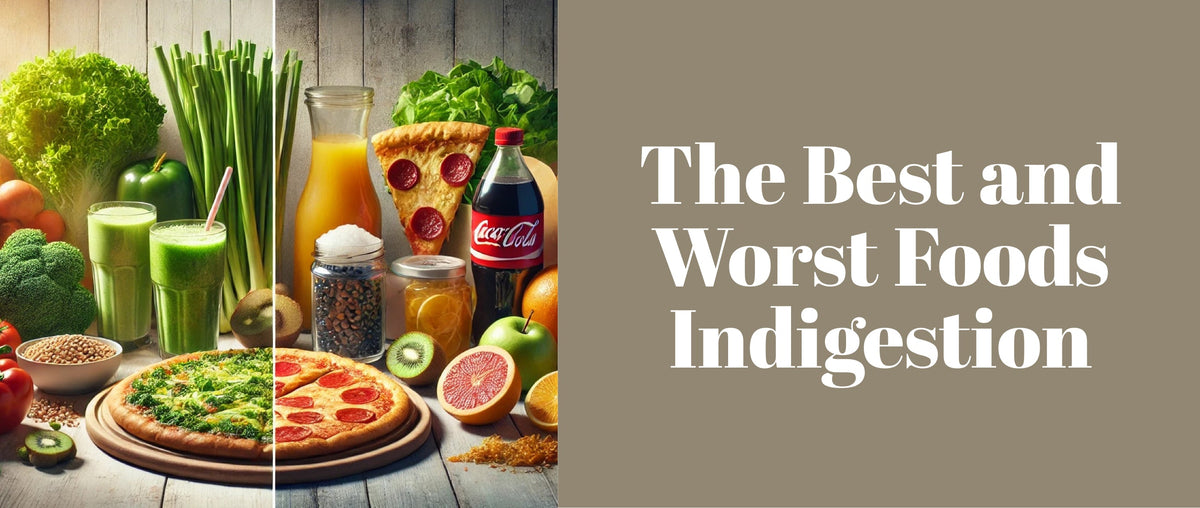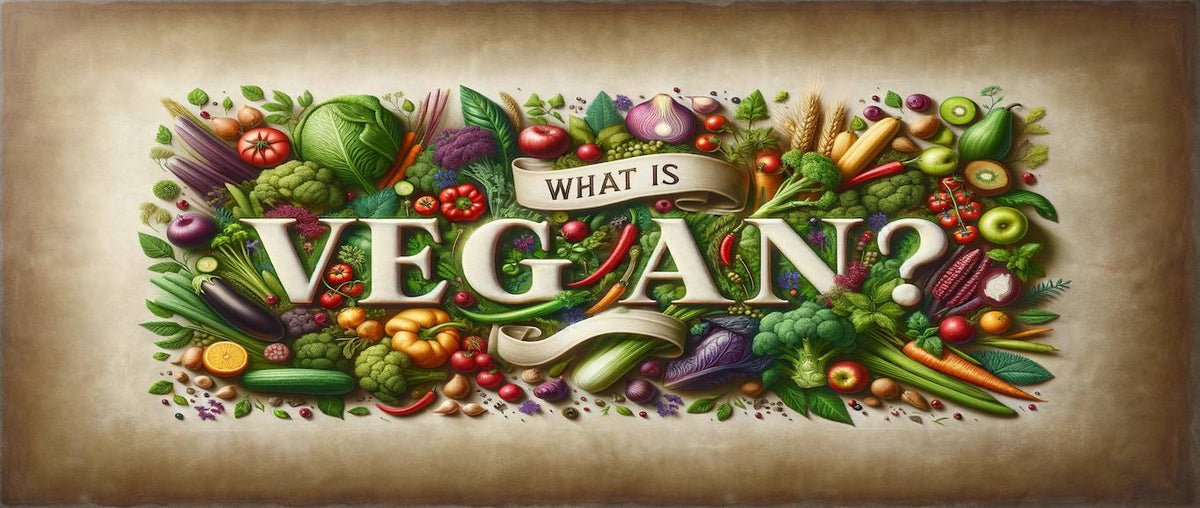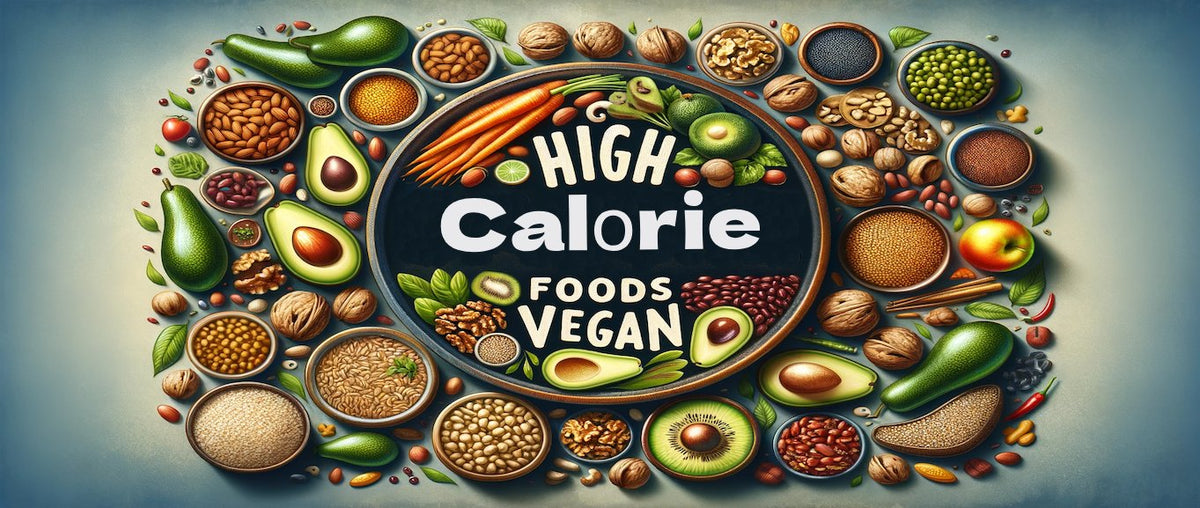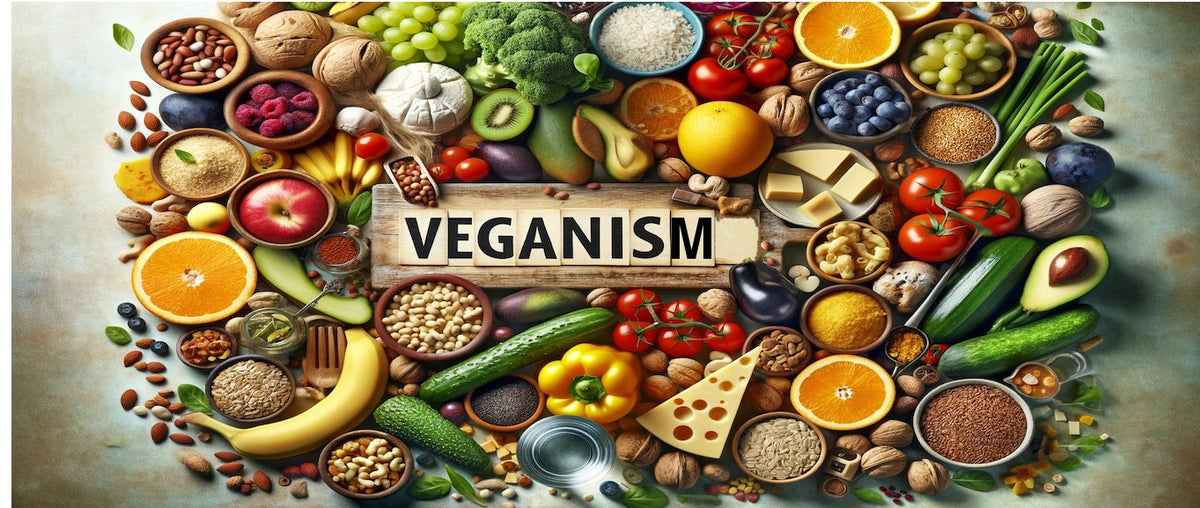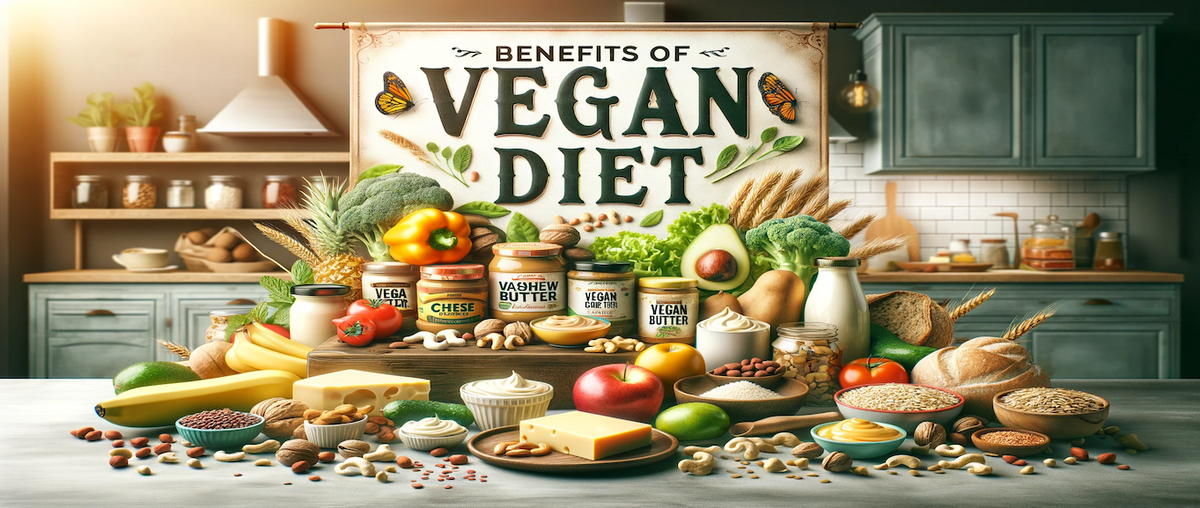The Best and Worst Foods for Indigestion
Digestive discomfort, commonly known as indigestion, is a prevalent issue for millions. While occasional indigestion is typically harmless, persistent symptoms can interfere with daily life. The good news? What you eat significantly impacts how your digestive system functions.
In this article, we’ll explore the best foods for managing indigestion, the worst culprits to avoid, and tips for integrating healthy dietary choices like vegan products and cholesterol-free foods into your lifestyle. Let’s delve into how to eat smart and feel great.
Key Takeaways
- Foods like whole grains, non-citrus fruits, and vegetables are digestion-friendly.
- Avoid trigger foods such as spicy dishes, fatty meals, and carbonated drinks to prevent discomfort.
- Dietary solutions like oat milk, vegan butter, and plant-based cheese can reduce triggers while supporting your health.
Foods That Worsen Indigestion
Indigestion can often be traced back to specific trigger foods. These items either stimulate excessive acid production or slow down digestion, leading to discomfort. Identifying and avoiding such foods can dramatically reduce symptoms.
1. Citrus Fruits and Acidic Foods
Citrus fruits like oranges, lemons, and grapefruits, as well as other acidic foods, are frequent culprits of acid reflux and heartburn. Their high acidity can irritate the lining of the esophagus, especially when consumed on an empty stomach.
Why they’re problematic:
- Increase stomach acid production.
- Trigger acid reflux symptoms like heartburn.
Better alternatives:
- Replace citrus fruits with low-acid options such as:
- Bananas
- Apples (skinless, if sensitivity persists)
- Melons (cantaloupe and honeydew)
Consider enjoying these fruits with a dollop of Cashew Butter for added nutrients and flavor.
2. Spicy Foods
While spices add heat and flavor to dishes, they can also lead to digestive distress. Ingredients like chili peppers and black pepper can stimulate acid production and irritate the stomach lining.
Why they’re problematic:
- Stimulate excessive acid production.
- Worsen conditions like gastritis or GERD.
Better alternatives:
- Mild herbs and spices like basil, thyme, or dill.
- For a buttery, aromatic flavor, cook with unsalted butter or vegan butter.

3. Fatty and Fried Foods
Meals high in fats—especially saturated and trans fats—slow down digestion, making the stomach work harder to break down food. Fried foods like chips, onion rings, and fried chicken are particularly harmful.
Why they’re problematic:
- Delay stomach emptying, causing bloating.
- Can lead to acid reflux and discomfort.
Better alternatives:
- Replace fried foods with baked or steamed options.
- Use low-fat butter or fat-free butter when preparing meals.
4. Dairy Products
Many people are lactose intolerant, which means their bodies struggle to digest lactose—a sugar found in dairy products. This can cause bloating, cramps, and gas.
Why they’re problematic:
- Hard to digest for those with lactose intolerance.
- Can increase bloating and discomfort.
Better alternatives:
- Dairy-free options such as oat milk or plant-based cheese.
- For cooking, swap regular butter with vegan butter or unsalted butter for a lighter alternative.
5. Carbonated and Caffeinated Beverages
Beverages like soda, sparkling water, and coffee can relax the lower esophageal sphincter, which usually prevents stomach acid from traveling up the esophagus.
Why they’re problematic:
- Trigger acid reflux by relaxing the esophageal sphincter.
- Increase bloating due to trapped gas.
Better alternatives:
- Hydrate with kombucha India for gut-friendly probiotics.
- Enjoy an Apple Cider Vinegar Drink diluted with water for a refreshing and digestion-friendly alternative.
Table: Comparison of Trigger Foods and Their Alternatives
| Trigger Foods | Better Alternatives | Benefits |
|---|---|---|
| Citrus fruits (orange, lemon) | Bananas, apples, melons | Low in acid, high in fiber |
| Spicy foods | Basil, dill, garlic butter | Gentle on the stomach |
| Fried foods | Baked, steamed options | Easier to digest |
| Dairy milk | Oat milk, cashew milk | Lactose-free, digestion-friendly |
| Soda | Kombucha, herbal teas | Probiotic-rich, non-carbonated |
6. Artificial Sweeteners and Processed Foods
Artificial sweeteners like aspartame or sucralose, along with highly processed snacks, can disrupt gut health. They are harder for the body to digest and may lead to bloating and discomfort.
Why they’re problematic:
- Alter gut bacteria balance.
- Cause bloating and irregular bowel movements.
Better alternatives:
- Opt for natural sweeteners like honey or maple syrup.
- Choose whole foods over processed snacks.
Foods That Alleviate Indigestion
While avoiding trigger foods is crucial, incorporating digestion-friendly foods can work wonders for soothing your stomach and maintaining gut health. These foods promote smooth digestion, reduce acid reflux, and prevent bloating.
1. Non-Citrus Fruits
Non-citrus fruits are excellent for those dealing with indigestion. They are gentle on the stomach, rich in fiber, and help neutralize stomach acid.
- Bananas: Natural antacids that coat the stomach lining and reduce acid reflux.
- Apples: Provide pectin, a soluble fiber that aids digestion.
- Melons: Hydrating and low in acidity, making them easy to digest.
Pro Tip: Pair a sliced apple or banana with Cashew Butter for a nutrient-rich snack that’s gentle on your stomach.
2. Vegetables and Leafy Greens
Vegetables are packed with vitamins, minerals, and fiber, making them ideal for maintaining digestive health.
- Broccoli and spinach: High in fiber, low in acid.
- Carrots and sweet potatoes: Provide soluble fiber to ease digestion.
How to Enjoy:
- Roast vegetables with Vegan Butter or a touch of Unsalted Butter for a healthy, delicious side dish.
- Add leafy greens to salads or smoothies with oat milk for a refreshing, digestion-friendly boost.
3. Whole Grains
Whole grains are rich in fiber, which helps regulate digestion and prevent constipation. Unlike refined grains, they do not spike blood sugar levels and are gentler on the digestive system.
- Examples: Brown rice, quinoa, oats, and whole-grain bread.
4. Probiotic-Rich Foods
Probiotics are live microorganisms that support a healthy gut microbiome, improve digestion, and enhance nutrient absorption.
- Best sources: Fermented foods like sauerkraut, kimchi, and pickles.
- Probiotic beverages like Kombucha India and plant-based yogurts.
5. Lean Proteins
Unlike fatty cuts of meat, lean proteins are easier to digest and do not trigger acid reflux.
- Examples: Skinless chicken breast, turkey, fish, and plant-based proteins.
6. Herbal Teas and Natural Remedies
Herbal teas have been used for centuries to alleviate digestive discomfort. They soothe the stomach, reduce inflammation, and aid digestion.
- Ginger tea: Reduces bloating and nausea.
- Chamomile tea: Soothes the stomach and relieves acid reflux.
- Peppermint tea: Alleviates bloating and gas.
Pro Tip: Add a splash of Apple Cider Vinegar Drink to herbal tea for an added digestion-friendly boost.
Table: Top Foods to Alleviate Indigestion and Their Benefits
| Food Type | Examples | Benefits |
|---|---|---|
| Non-citrus fruits | Bananas, melons, apples | Neutralize acid, high in fiber |
| Vegetables | Spinach, broccoli, carrots | Fiber-rich, low acidity |
| Whole grains | Brown rice, oats, quinoa | Regulate digestion, prevent constipation |
| Probiotic foods | Kombucha, plant-based yogurt | Restore gut bacteria balance |
| Lean proteins | Chicken breast, fish, lentils | Easy to digest, filling |
| Herbal teas | Ginger tea, chamomile tea | Soothe the stomach, reduce bloating |
Incorporating Indigestion-Friendly Foods
1. Breakfast:
- Oatmeal with oat milk, topped with fresh banana slices and a drizzle of honey.
2. Lunch:
- A spinach and quinoa salad with roasted vegetables, topped with a sprinkle of Vegan Cheese or unprocessed cheese.
3. Snack:
- Probiotic-rich Kombucha India or a smoothie made with dairy-free yogurt.
4. Dinner:
- Baked salmon or a plant-based protein option served with steamed broccoli and brown rice, prepared with a touch of Unsalted Butter.

The Role of Unprocessed Foods in Digestive Health
Switching to whole, unprocessed foods is one of the best strategies for improving digestion. Highly processed foods often contain artificial additives, preservatives, and unhealthy fats that can irritate the stomach and slow digestion.
Why Unprocessed Foods are Better
- Lower in Fat and Additives: Unprocessed foods reduce the burden on the digestive system.
- Rich in Nutrients: They retain essential vitamins, minerals, and fiber, unlike their processed counterparts.
- Gut-Friendly: Encourage a balanced gut microbiome.
Examples of Unprocessed Foods for Better Digestion
- Fresh Mozzarella: A lighter cheese option with fewer preservatives. Try Buy Mozzarella Cheese from reputable sources for maximum freshness.
- Plant-Based Cheese: Ideal for those who are lactose intolerant or seeking Vegan Products. Look for options that mimic the taste and texture of traditional cheeses.
- Whole Grains: Swap processed white bread for nutrient-dense whole-grain alternatives.
- Healthy Fats: Use natural spreads like Cashew Butter, Vegan Butter, or Unsalted Butter in place of margarine or heavily processed spreads.
Table: Processed vs. Unprocessed Foods
| Processed Foods | Unprocessed Alternatives | Benefits |
|---|---|---|
| Processed cheese slices | Fresh mozzarella or Vegan Cheese | Low additives, easier digestion |
| Refined grains (white bread) | Whole grains (quinoa, oats) | Higher in fiber, supports gut health |
| Packaged snacks (chips) | Fresh fruits or nuts | Nutrient-rich, free from additives |
| Margarine | Unsalted Butter or Fat-Free Butter | Less fat, free of artificial ingredients |
Unprocessed Foods in Daily Meals
- Breakfast: Start your day with whole-grain toast spread with Cashew Butter and topped with sliced bananas.
- Lunch: A hearty bowl of quinoa salad with steamed vegetables and a sprinkle of Plant-Based Cheese.
- Dinner: Baked chicken or tofu, served with roasted vegetables drizzled with Unsalted Butter or Vegan Butter.
Lifestyle Modifications for Improved Digestion
Dietary changes are only part of the equation when it comes to alleviating indigestion. Lifestyle habits play a critical role in supporting your gut health.
1. Practice Portion Control
Eating large meals can overload your digestive system, leading to bloating and discomfort. Smaller, more frequent meals are easier to process.
- Divide your daily intake into 5–6 smaller meals.
- Avoid overeating, especially during dinner.
2. Stay Hydrated
Proper hydration aids in the breakdown of food and promotes smooth bowel movements.
- Drink 6–8 glasses of water daily.
- Incorporate hydrating drinks like Kombucha India or an Apple Cider Vinegar Drink for added digestive benefits.
3. Stay Active
Physical activity stimulates digestion and reduces the risk of bloating.
- A 10-minute walk after meals can significantly boost digestion.
- Incorporate light yoga or stretching to alleviate discomfort.
4. Manage Stress
Stress can interfere with your digestion, causing symptoms like nausea, bloating, and heartburn.
- Practice mindfulness or meditation daily.
- Engage in hobbies or activities that relax you, such as reading or gardening.
5. Avoid Late-Night Eating
Eating too close to bedtime can lead to indigestion as your body struggles to process food while lying down.
- Finish your meals at least 2–3 hours before sleeping.
Integrating Food and Lifestyle Tips
- Prepare a balanced dinner with Fresh Mozzarella, whole grains, and steamed veggies.
- Follow up with a cup of herbal tea, like chamomile or ginger, to promote relaxation and aid digestion.
Conclusion
Improving digestion starts with mindful dietary choices and simple lifestyle changes. By avoiding common triggers like spicy, fatty, and processed foods, and replacing them with digestion-friendly options such as whole grains, non-citrus fruits, and leafy greens, you can significantly reduce discomfort. Incorporating Vegan Products like oat milk, plant-based cheese, and Vegan Butter ensures your meals are lighter and gut-friendly.
Pair these choices with healthy habits such as staying hydrated, practicing portion control, and managing stress to amplify the benefits. For a seamless transition, explore Grabenord’s Range of Vegan Items, including Unsalted Butter, Fresh Mozzarella, and other Cholesterol-Free Foods to support your digestive health naturally.
Do you enjoy vegan food? We have a list of vegan restaurants in India to help you find delicious options in your area!



